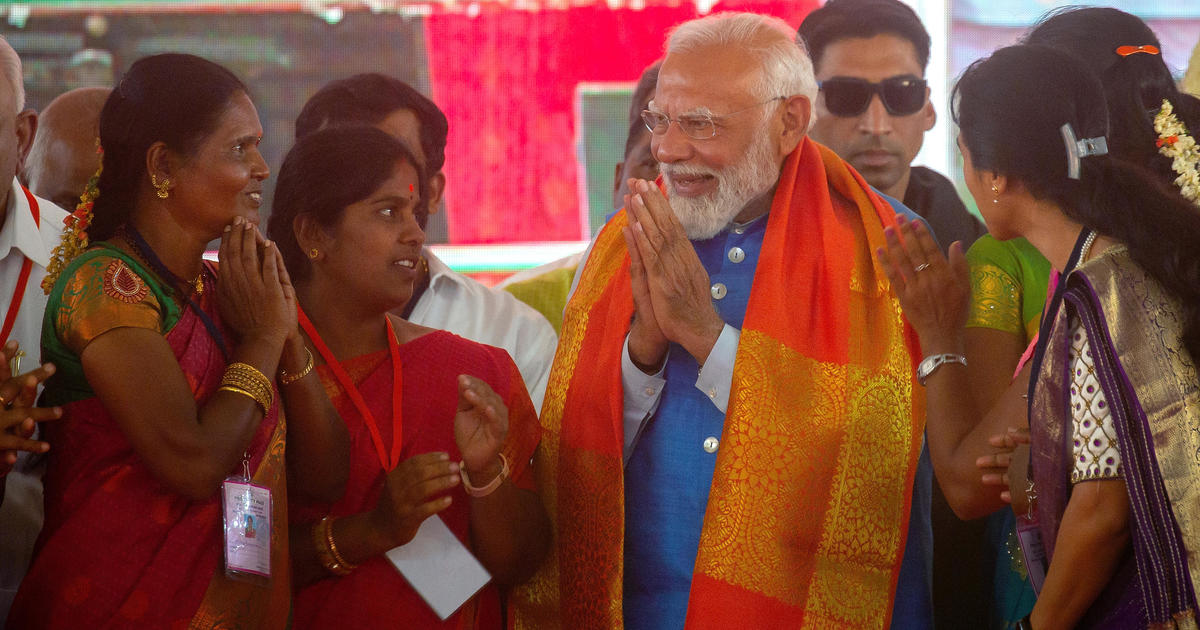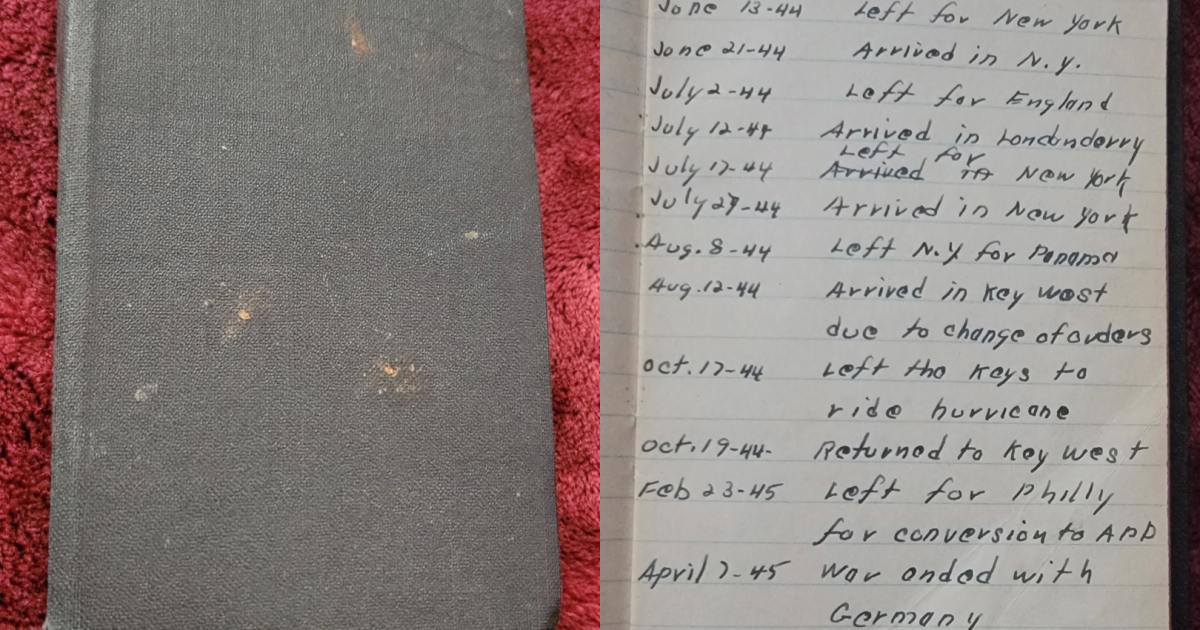Until today, China has reported thousands more coronavirus cases than the World Health Organization. Here's why
Last Thursday, officials in Hubei province, the epicenter of the coronavirus outbreak in China, reported that nearly 15,000 additional patients had been infected by the virus in one day. The World Health Organization released a much lower number: 1,826.
The discrepancy turns on how medical professionals diagnose the virus.
Both totals included "lab-confirmed" cases of COVID-19, the official name of the disease, which as of Monday had risen to more than 51,000 globally.
But China has also been including "clinically-confirmed" cases, which when included, boost the global total to more than 70,000.
If a case is lab-confirmed, it means samples of the patient's upper respiratory tract contained the genetic makeup of the virus. Clinical confirmations are less precise because they depend on an assessment of symptoms and lung imaging.
Which number is right? Dr. Ian Lipkin, Director of the Center for Infection and Immunity at Columbia University, told CBS News that while clinical confirmations are not perfect, they're a useful measure because pneumonia-like symptoms in patients near the epicenter of the virus are cause for concern. They also allow health care workers to identify the difference between the virus and similar, more common diseases like the flu or pneumonia, he said.
Clinical diagnoses are also beneficial because investigators are simply not equipped with fully reliable lab testing at this stage, he added.
No diagnostic test is "foolproof," Dr. Michael Ryan, executive director of Health Emergencies Programme for the World Health Organization, said at a press conference Monday.
"There's always a small chance of a false positive or a false negative," he said. "It is an important consideration and that's why clinical suspicion...is always very important."
It's also likely that the actual number of cases is higher than the lab and clinically confirmed total. "We don't know the denominator, we don't know how many people are infected with this virus who never come to the attention of the healthcare system," Lipkin said.
A spokesman for WHO told CBS News on Monday that going forward, the organization will report cases as they are reported by Chinese authorities, regardless of how they are confirmed.
Following this guidance, CBS News is reporting confirmed cases that match the figures reported by WHO.



